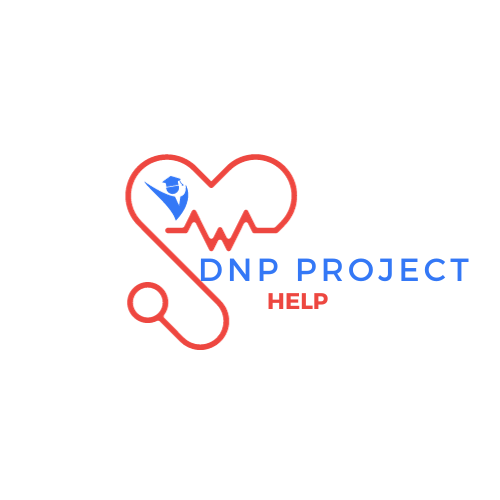
NURS 6804W Advanced Pathophysiology for DNP
This course looks at the causes, symptoms, and effects of certain human diseases. It focuses on how the body works to keep balance (homeostasis) and what happens when this balance is disrupted. Students will learn how organ systems function, starting from the cellular level up to the whole body, and how diseases can develop from genetic factors. The course will help students understand changes in the body’s normal processes and how these changes lead to disease. A strong understanding of physiology is important for learning both pharmacology and disease pathology.
Table of Contents
Learning Objectives:
By the end of this course, students should be able to:
- Combine Knowledge – Use knowledge from different fields to better understand how diseases develop and affect health.
- Use Clinical Judgment – Apply the NCSBN Clinical Judgment Model to improve understanding of disease processes.
- Communicate and Educate – Use effective communication and education methods to support patients and communities in managing their health.
- Assess and Plan Care – Use advanced skills to assess, diagnose, make decisions, and coordinate care within the role of an Advanced Practice Nurse.
- Deliver Care and Measure Results – Use best practices, policies, and data to deliver care and measure outcomes to improve understanding of diseases.
- Act Professionally and Ethically – Show responsibility and ethical behavior as an Advanced Practice Nurse to support better understanding and care of diseases.
Modules
- Cells and Tissues
Covers the structure and function of cells and tissues, forming the foundation for understanding disease processes. - Fluids, Electrolytes, Acids, and Bases
Explores how the body maintains balance in fluids, electrolytes, and pH, and what happens when this balance is disrupted. - Genetics
Examines the role of genes in health and disease, including inherited conditions and genetic mutations. - Innate Immunity
Focuses on the body’s first line of defense against infection, including physical barriers and non-specific immune responses. - Adaptive Immunity
Covers the specific immune responses involving T and B cells that target and remember pathogens. - Hypersensitivity
Studies exaggerated immune responses such as allergies, autoimmune diseases, and transplant rejection. - Biology of Cancer
Looks at how cancer develops at the cellular level, including tumor growth and spread. - Epidemiology of Cancer
Analyzes patterns, causes, and risk factors of cancer in populations. - Alterations in Neurological Function
Explores diseases and disorders affecting the brain, spinal cord, and nerves. - Alterations in Hormone Regulation
Examines hormonal imbalances and endocrine disorders such as diabetes and thyroid diseases. - Alteration in the Reproductive System
Covers common disorders affecting male and female reproductive health. - Alteration in Hematologic Function
Focuses on diseases of the blood, including anemia, clotting disorders, and leukemia. - Alterations of Cardiovascular Function
Studies heart and blood vessel disorders such as hypertension, heart failure, and atherosclerosis. - Alterations in Renal and Urinary Tract Function
Looks at kidney diseases and urinary tract conditions, including infections and renal failure. - Alterations in Digestive Function
Explores disorders affecting digestion, absorption, and gastrointestinal health. - Alteration in Musculoskeletal Function
Examines conditions affecting bones, muscles, and joints, such as arthritis and osteoporosis.
Must Read


